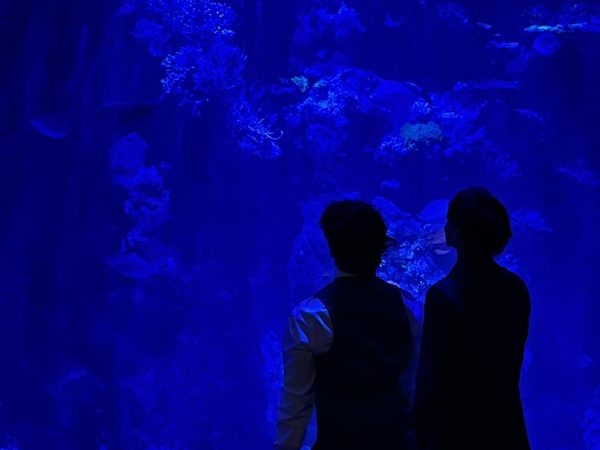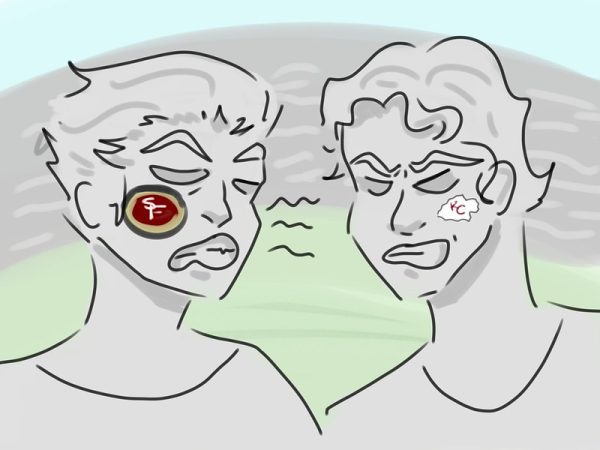The International Baccalaureate: are AP students getting the short shrift?
The International Baccalaureate program continues to rapidly spread throughout U.S. schools, raising concerns about the rigor and educational value of the comparable Advanced Placement program.
The International Baccalaureate (IB) is an educational program that touts itself as focusing on critical thinking and autonomous inquiry. Created in Switzerland in the late 1960s by Marie-Thérèse Maurette, the program has been internationally adopted and praised because of its focus on abstract thinking and analysis.
Like Advanced Placement (AP) courses, IB courses are generally considered to be far more rigorous than “regular” courses. Both have a tough end-of-year exam for each course. The comparison between AP and IB ends there however, with the assessments and teaching methods of both varying widely.
Unlike most AP exams, IB exams have next-to-no multiple choice questions and frequently require multiple lengthy essays. The IB courses rely much less on extremely in-depth memorization and much more on examining issues from several different perspectives. For example, unlike the various AP history courses, the IB history courses do not present one clearly defined narrative of history. Instead, courses use multiple texts and sources for students to discern historical facts and discrepancies. Though less rote memorization is involved, IB classes are often just as, if not more, demanding than AP courses because of their intensive analysis.
The methods used in IB classes sound ideal for the development of students into freethinking, thoughtful individuals, especially when compared to AP classes. As many Dougherty students know, AP classes often involve extremely intense memorization, especially in history and science AP courses. While critical thinking plays a role, it is often this absorption of vast amounts of information that takes precedence.
Educators — from high school teachers to esteemed college professors — have railed against AP courses for years, citing how students are poorly prepared for college and lack strong analytical skills, despite such intense coursework. With few notable exceptions, the college credit offered by AP courses is sparse and limited — AP world languages often give no credit at universities, especially at more prestigious ones.
IB has appeared more and more appealing because of the progressive style of learning it promotes, but unfortunately, it is not the silver bullet to save America’s flailing education system. The number of schools adopting IB in the U.S. has nearly doubled since 2008, but the cost is inhibiting — it takes nearly $56,000 for teachers to be educated and for the various curricula and other resources needed for implementation. Furthermore, a yearly cost is required of schools in return for various services (International Baccalaureate Organization). Even for a medium-to-large public school like Dougherty, this is an extreme amount to pay for a program whose efficacy is still largely questioned.
Furthermore, the AP program still retains some advantages over IB, especially in mathematics. Even the most prestigious universities often accept AP Calculus BC credit — at Harvard, for example, a “5” on the exam is required for students to register for the notoriously difficult “Math 55” course.
Still, the advantages of the IB program are hard to deny, especially in an era where learning and thinking skills are paramount to a successful future of which our current students are the foundation.
Perhaps the most convincing argument for the superiority of the IB program lies in schools that offer both AP and IB courses. In such schools, AP courses are considered a prerequisite for their IB counterparts.

Armaan joined this class because his friend told him it was fun. He didn't take it too seriously at first, but...
...in his first year he became super interested in the class, and was Assistant A&E...











